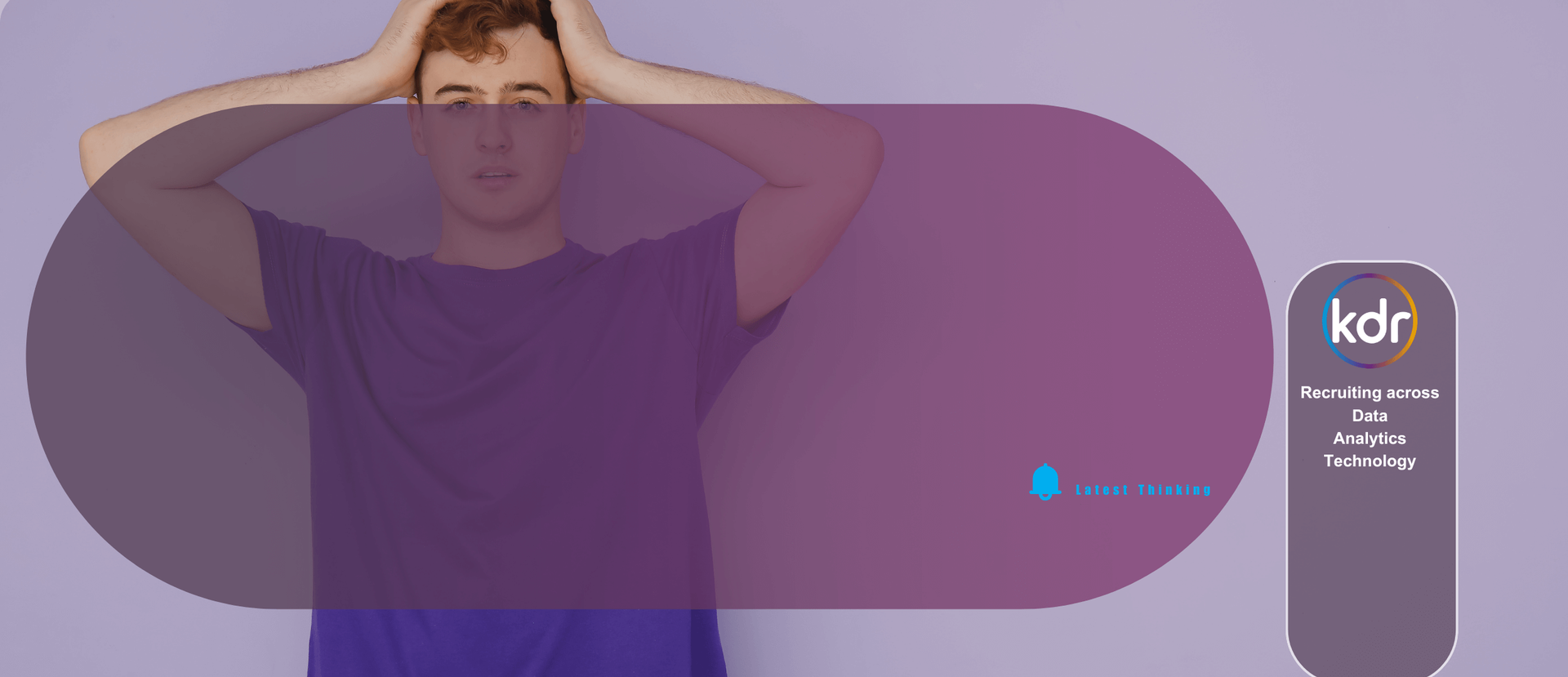Creating equity with the EdTech industry
In a world where technological advancements within the Education industry are escalating change and transforming experiences and outcomes, there is a huge risk of creating inequitable learning platforms if investments of resources and awareness are not made soon.

The recent global pandemic pushed education systems into the digital age, with sudden and prolonged periods of remote learning. Consequences of an ill-equipped system are being felt as we speak: learner support needed (playing catch up) and disruption to onsite learning models being transferred “as is” to the online setting clearly not working. The education technology industry is now undergoing a digital revolution, with tools such as Artificial Intelligence, Machine Learning and automation redefining the norms in education and delivering a distinct set of skills for the young people of today. Not everyone has access to these experiences however and not every platform is adopting them. Schools often do not know the best option to choose. It’s important to close the equity gap in education technology as a whole to create a more positive effect not only for the students but the educational system holistically.
Education today
In order to analyse the social impact of EdTech, we must dive into the access and usage of such tech. Despite the increase in handheld devices, there are barriers that can prevent students from having access to high-quality tech at home or at school. Accessibility is so important as it can help reduce inequities between students and help those who are already marginalised within the school systems. Gaps that begin early in the education pipeline are likely to persist and widen into adulthood.
EdTech developers should take a more disciplined approach to equity. Being inclusive means making sure every individual can use the platform regardless of their specific circumstances. An example would be where an individual with hearing impairments is given the modification necessary to work within the EdTech platform.
The future of EdTech
There are approximately 1.5 million people with a learning disability in the UK and with the traditional school settings not likely to change any time soon, those students rely on innovations to support them with their diverse or specific learning needs. This is a real chance for the EdTech industry to add an extra layer of support and revolutionise ways of interacting and learning. Adjusting and collaborating with diverse groups will help the platforms evolve with everyone’s needs in mind. If diversity doesn’t exist within the community of developers, it is very likely that inclusive features will be missed (purely through the lack of diverse thinking on the team).
So just how diverse is the EdTech workforce currently?
Current estimations state that 40-50% of EdTech start-ups have at least one person of colour as the founder, however overwhelmingly the workforce is made up of white middle-class males. As founder of “Black and Brilliant”, Tony Effik stated in a Forbes interview “In the race towards digital transformation and competitive advantage the real winners are those who solve human-computer interaction problems most efficiently to augment human intelligence. You can’t gain that advantage if you only build for a portion of humanity, and do that building with talent from just a portion of the population”. Taking this further, and to its natural conclusion, people with disabilities, autism, diverse gender identification and more should all be represented by the build team or consulted at the design stage.
EdTech is different to many other fast-growing tech fields in that gender representation is slightly better than the tech market as a whole (83% of tech execs are white males). Women are more prevalent in this field perhaps because there are more women across teaching as a whole and as we have seen there is a higher proportion of people of color within EdTech. This field is full of professionals who want to make the world a better place. EdTech tools can provide solutions for those working at home and help students/ professional’s regardless of their needs to engage and support without obstructing their learning.
Recommendations
EdTech companies have the potential to achieve a truly equitable and inclusive experience for all professionals, to achieve that the same principles that apply to inclusive hiring across all sectors and industries need to be applied. The talent exists, despite many claims that there is a lack of talent across underrepresented groups, however, the industry needs to evolve to ensure they are attracting and then retaining diverse groups within their business. Apart from adopting inclusive hiring practices, engaging with schools and other educational institutions to really assess the needs of the students themselves, ensuring that they engage with a truly diverse representation of the student body and educational trends, will go a long way to informing the design or modifications required. Inviting investment from more diverse groups will also help to ensure the needs of all, not just the majority, are being considered and then met. Considerations towards Data Learning cycles and their potential for bias are paramount.
Summary
Education is a collective endeavour and there needs to be the correct procedures and frameworks in place to create a more collaborative future as a UK Government report states “Low confidence in technology slows adoption: Concerns around the effectiveness of data-driven technology, its impacts on educator and learner privacy, and the risk of bias are negatively affecting educator trust in data-driven technologies, acting as a barrier to adoption and successful integration into education”.






